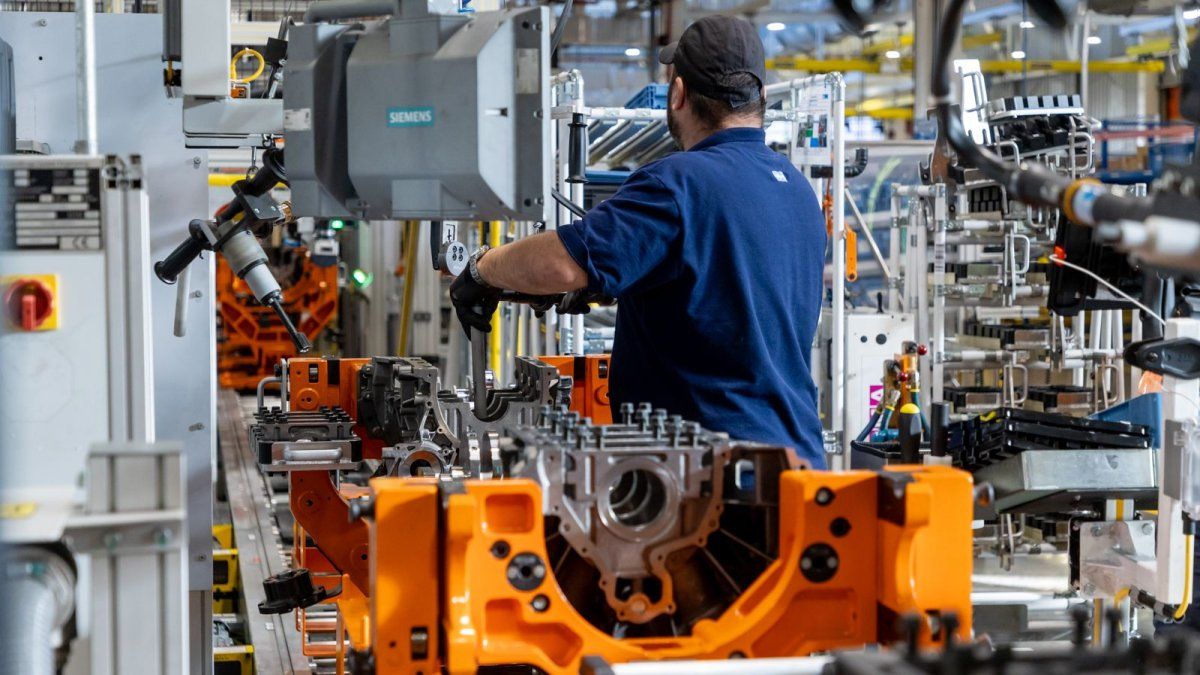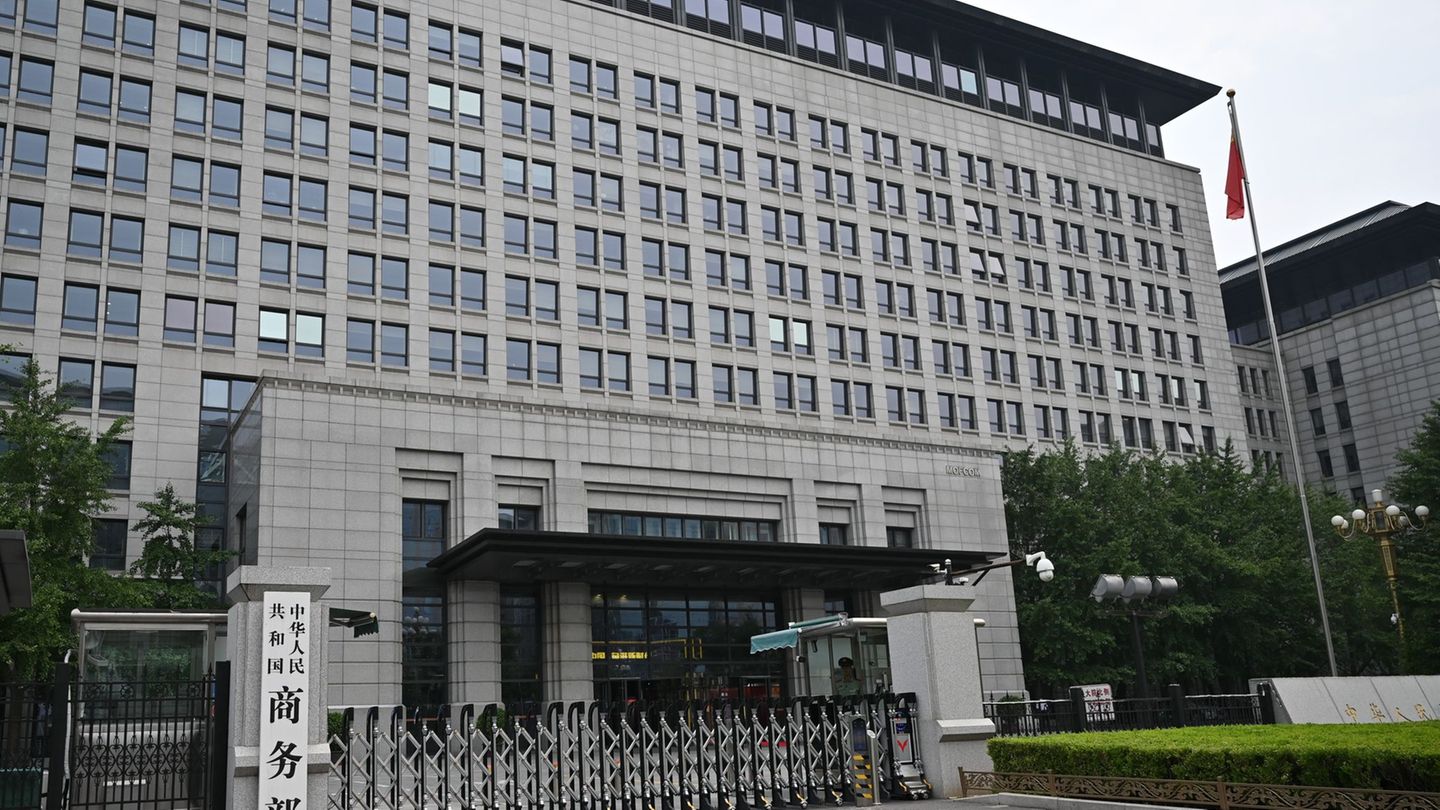“Trump won! President looking for reindustrializewho sees the energy as a vector of developmentwho fights with a vision nationalist for the added value and for work to return to the United States.” The comment comes from Tomas KaragozianCEO of TN Platex and son of renowned textile businessman Teddy Karagozian.
During the campaign, Trump shared his economic proposal based on what he did during his first and only presidency: the increase in tariffs on imported products that enter the US.
This time, This is an increase of up to 20% to each import that enters the United States, while the percentage for Chinese imports would amount to 60%.
At the same time, he warned that will promote a 100% tariff to countries that do not use the US dollar to trade abroad.
According to the INDEC trade exchange report, in September Argentina exported to USA US$489 million, while it mattered US$506 million. Maintains a deficit balance US$ -17 million.
The Argentine products that are most exported to the US are beef, soybeans, crude petroleum oils, gold for non-monetary use, still wines and lithium carbonates, among other products.
Trumpist protectionism and Chinese redirection: how the combo affects the domestic market
For Roman Guajardopresident of the Industrial Union Rosario Regionalthough it is premature to draw conclusions, estimates that Argentine exports “could resent protectionist measures” like the one headed by Trump.
At the same time, he asks What would be the fate of Chinese products? which could be modified if charges on exports from the Asian country intensify.
In that same line, Oliver Maltzsecretary of the Argentine Industrial Union (UIA), a young man, warns that his fear is due to the increase in tariffs on imports from China and the oversupply of products “have to be raffled off to other countries and be given away, affecting the Argentine industry”.
So far, no entity has made reference to the triumph of the next American president, except the Protect Foundation.
In a report of significant pronouncement, the entity chaired by Luciano Galfione assures that American society “elected the candidate who vehemently supported a new historical process of reindustrialization in the USA and, therefore, the conservation and expansion of their jobs.”
The statement continues with a worrying comparison with the local domestic market: “While Trump predicts a golden period for the US, Argentina delays the implementation of structural reforms first, second and third generation, essential to gain competitiveness in a context of import facilitation and exchange rate appreciation”.
The keys to increasing Argentina’s competitiveness
Why is Argentina uncompetitive? A businessman from the province of Buenos Aires, who prefers to remain anonymous, notes some approximations.
“The problem is not due to the lack of technology, but rather due to the basic input costs disseminated. The judgment industry and the fear of taking personnel also weighs, while the raw material input for manufacturing and balancing the playing field with the big price makers,” he explains to this medium.
At the same time, he considers that the tax structure It should be segmented for SMEs, with a type of “productive monotax” and exclude the gross income tax at the provincial level, as well as the safety and hygiene inspection rate because they are “distorting” taxes.
”Governments are changing and we spend our time overcoming difficulties. Not being able to import capital goods due to lack of dollars, permits for anything, indiscriminate opening…we are going from one pendulum to another,” concludes the business source.
“All countries have it”: businessmen demand a national industrial plan
In the same line Sergio Echebarrenaa businessman in the export energy sector, warns of the consequences of not having a developed industrial policy: “American protectionism, combined with Argentine trade liberalization and the trade war with China, will promote greater imports to our country”.
On the contrary, he does not consider that exports to the United States are particularly affected: “in general, the competitive part of our industry is small and niche, which allows greater profitability,” explains Echebarrena.
As the businessman explains, Trump’s policy of industrial promotion is not new. “Developed countries are all industrial”, they also indicate from Protejer.
At the same time, Guajardo assures that the global flag is raised “in defense of production and quality work”.
However, the specific issue with the United States has to do with the fact that Western companies began to use China in the 20th century as factory pole large scale and low cost, but the Asian giant decided to counteract the strategy with strong industrial development policies, promoting its own national industry.
So, China went from manufacturing 6% of global manufacturing in 2000 to projecting 50% by 2030according to the United Nations. “This is having repercussions in the US and partly explains Trump’s emergence: the loss of jobs in the industry due to this ‘outsourcing’ policy that went against them,” Echebarrena concluded.
Source: Ambito
David William is a talented author who has made a name for himself in the world of writing. He is a professional author who writes on a wide range of topics, from general interest to opinion news. David is currently working as a writer at 24 hours worlds where he brings his unique perspective and in-depth research to his articles, making them both informative and engaging.




